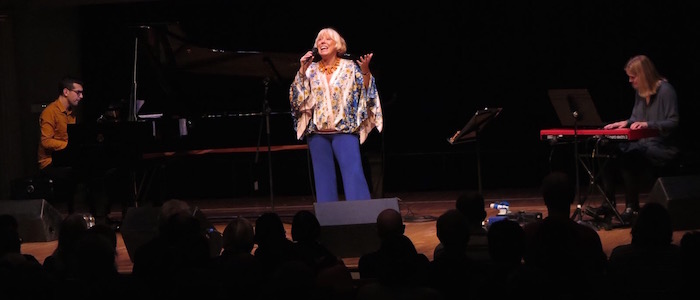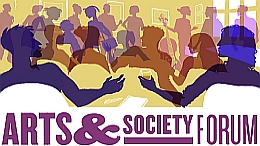
comment
After Ferguson: policing and race in America
Podcast: Recorded at the Battle of ideas 2015.
In 2014, the fatal shooting of Michael Brown by police in Ferguson, Missouri sparked protests, riots and a national debate about alleged police racism. Subsequent police-involved killings of black men in New York, Baltimore and elsewhere added fuel to the flames, giving the perception that black men are not safe from the police officers who are supposed to protect them, and sparking sometimes violent protests. It is true that certain law-enforcement tactics, such as ‘stop and frisk’ and traffic stops, disproportionately target black Americans. Black people are also more likely than white people to die as a result of police shootings. Moreover, the Department of Justice report into Ferguson concluded that the police were animated by racial bias.
At the same time, there is a counter-narrative that is sympathetic towards the police, highlighting the difficulty of dealing with high-crime and violent areas of the country. This view was brought to public attention by the shooting of two off-duty New York City cops at the end of 2014 by a man claiming retribution for shootings by police. The New York Police Department organised its own solidarity event, claiming its cops feel under attack from white liberals (like New York’s mayor, Bill de Blasio) and black community leaders. Both sides complain of having to live in fear and of the breakdown of trust between law enforcement and the public. This has led many to question how much has really changed in America since the civil-rights movement.
Michael Brown was not the first black man to be killed by a cop. Why did his death lead to protests in several major cities across the US? Some have noted that the Ferguson police force is mainly white, policing a largely black community – so should the ethnic make-up of the police reflect the racial profile of the community? How prevalent and significant is racial prejudice or ‘unconscious bias’ among the police? And what does this tell us about the views on race held by Americans more broadly? Many non-Americans view the US as particularly violent and crime-ridden, with a bad record of racial animosity. Is America uniquely racist, and if so what can be done about it?
SPEAKERS
Dr James Campbell
lecturer in American History, University of Leicester; author, Crime and Punishment in African American History
Kunle Olulode
director, Voice4Change England; creative director, Rebop Productions
Dr Kevin Yuill
senior lecturer, history, University of Sunderland; author, Assisted Suicide: the liberal, humanist case against liberalization
CHAIR
Jean Smith
specialist development consultant; co-founder and director, NY Salon
You can find out more about this Battle of Ideas session here.
To keep up with the IoI’s podcasts subscribe here.

comments archive

what's happening next

Barb Jungr’s Musical Inspirations
Tuesday 8 December, 7pm (UK), online, via Zoom




CONTACT Rossa Minogue
BIOGRAPHY